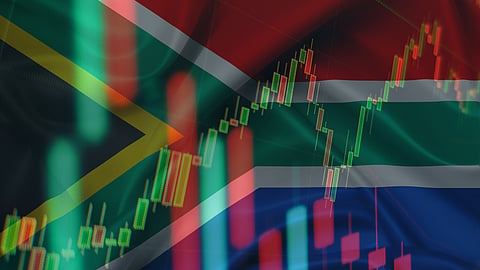Dubious about SA’s GNU? The bond market isn’t: Matthew A. Winkler
South Africa's bond market soared following the May general election, which saw the African National Congress lose its parliamentary majority for the first time since apartheid ended. Rand-denominated debt securities led global returns, yielding a 17% total return in four-and-a-half months. Investors anticipated a coalition government with the pro-business Democratic Alliance, leading to improved economic outlooks and stabilized currency. This historic turnaround highlights investor confidence in South Africa's evolving political landscape.
Sign up for your early morning brew of the BizNews Insider to keep you up to speed with the content that matters. The newsletter will land in your inbox at 5:30am weekdays. Register here.
Join us for BizNews' first investment-focused conference on Thursday, 12 September, in Hermanus, featuring top experts like Frans Cronje, Piet Viljoen, and more. Get insights on electricity and exploiting SA's gas bounty from new and familiar faces. Register here.
By Matthew A. Winkler
Leave it to the bond market to prove democracy is a capitalist tool. Nowhere is that truer than in South Africa, where rand-denominated debt securities are No. 1 in the world after the May general election ousted the African National Congress as the parliamentary majority for the first time since apartheid ended 30 years ago.
___STEADY_PAYWALL___

